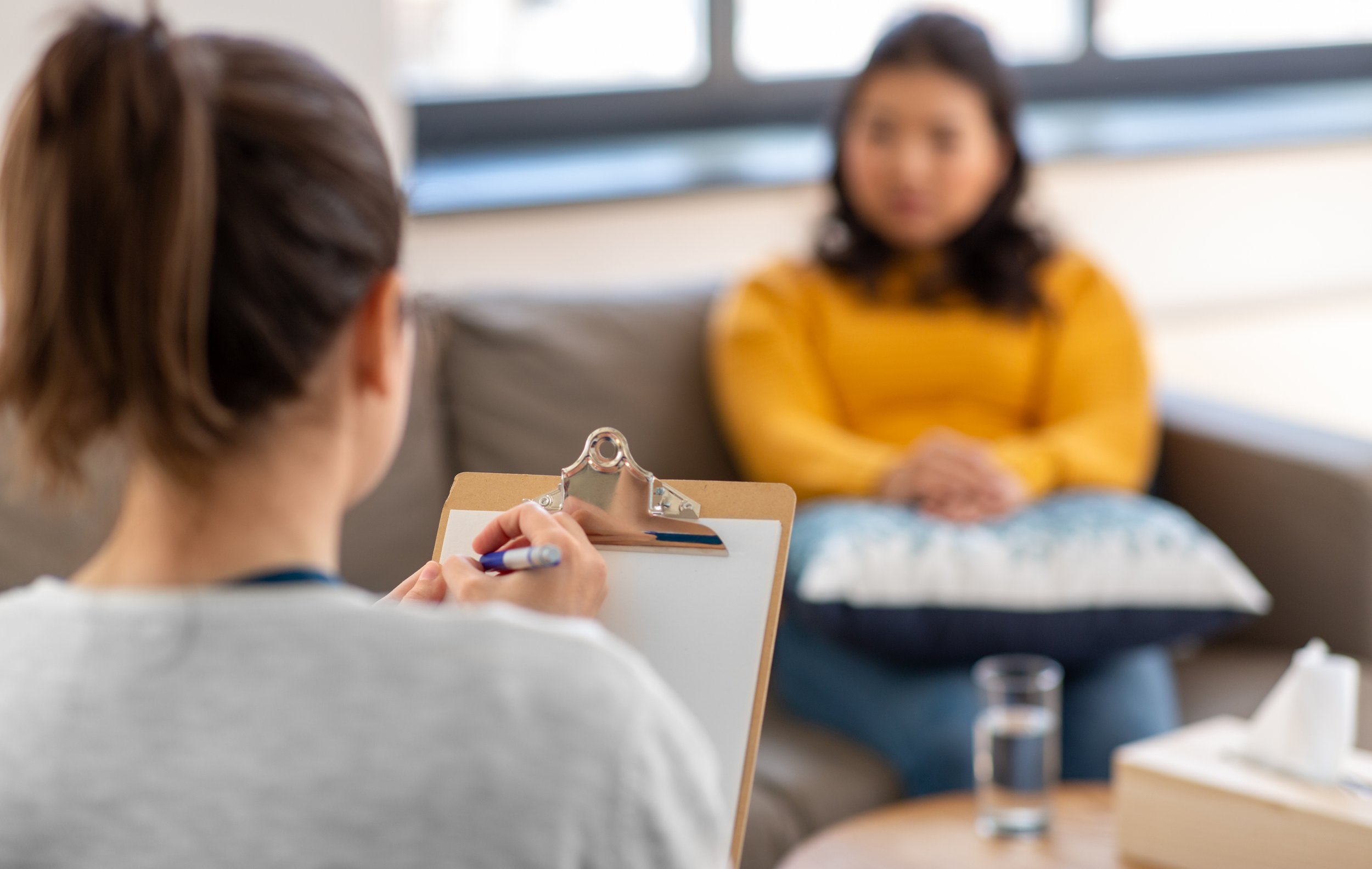
Therapy
Individual Therapy
In individual therapy, individuals will work one-on-one with their therapist to develop a unique treatment plan tailored to their own specific needs. Our goal is to empower individuals to effectuate positive changes in their lives. Individual therapy can help people create meaning and fulfillment in their lives through accomplishing personal goals.
What to expect when you participate in individual therapy:
Not all therapy sessions are the same. The process of each therapy session depends on the therapist’s approach, the clients needs and the clients’ goals of therapy.
First a client must schedule an intake assessment. During the intake assessment the therapist will gather information about the client’s history, reasons for seeking therapy and goals for treatment. The next few sessions will focus on building a therapeutic relationship between the client and therapist. The goal is to establish a trusting relationship that will help the client feel safe and able to express themselves in a confidential and non-judgmental space.
The client and therapist will work to discuss the client’s thoughts, feelings and behaviors that led them to seek therapy. The therapist will use different techniques that are based on their theoretical orientation. Theoretical orientation is the style or philosophy a therapist uses to guide their approach to treatment. (eg. Cognitive behavioral therapy, Dialectical behavior therapy, Acceptance and Commitment Therapy or EMDR). The therapist will help their client develop new skills to manage their symptoms and improve their overall functioning.
Progress in therapy will be regularly monitored and goals can be adjusted as needed. Therapy may be short-term or long-term. When a client has reached their goals, therapy may be terminated.
Family Therapy & Marital Counseling
Therapy with families and couples provides a platform to individuals to focus on improving relationship dynamics in a safe, neutral and non-judgmental environment. Therapeutic interventions are aimed at improving communication, conflict resolution, and strengthening the relationship between family members.
As with individual therapy, in family or couples therapy the therapist will meet with the individuals for an intake evaluation. This will help the therapist understand the dynamics and issues present within the family unit. Goals for therapy will be developed at this time. Each family member will have the opportunity to share their perspective. The therapist will build trust and rapport with all family members and create a space where everyone feels heard and respected.
During family or couples therapy the therapist will observe how family members interact with each other and understand patterns that lead to conflicts and misunderstandings. The therapist will use a variety of techniques based on their orientations to teach effective communication skills and conflict resolution. Problem solving, emotion regulation and boundary setting may also be worked on.
The therapist will help the family monitor progress and discuss strategies for maintaining progress and addressing future challenges. Therapy will be terminated once the family unit is strengthened, and goals have been met.
Group Therapy
Group therapy is a modality used to help individuals enhance their individual or social functioning through purposeful group experience and to cope more effectively with their personal problems. Group therapy typically involves one or two trained professionals working with a group of 8-10 individuals. The group allows individuals the space to discuss their issues, share experiences and gain support from others.
Group therapy allows individuals to gain mutual support and reduces feelings of isolation. Individuals often feel better knowing that they are not alone, and others have similar struggles.
Individuals will benefit from hearing diverse perspectives on how others view and cope with their own struggles. This can lead to greater insights and problem solving.
The facilitator, or trained professional, guides the sessions to ensure that it is a safe place for sharing.
All individuals are expected to maintain confidentiality which creates a trusting environment.
Individuals will learn about their own behaviors and how they relate to others. This will help improve social skills and build self-confidence.
Our experienced therapists conduct virtual and in-person groups for 6–8-week cycles. We will be offering the following groups:
Anxiety Management (Men’s and Women’s groups)
Grief
Marriage workshops
Coping with divorce

